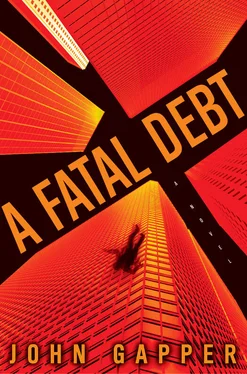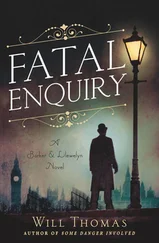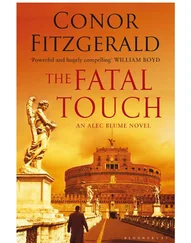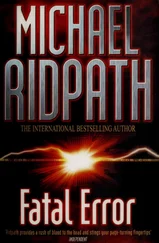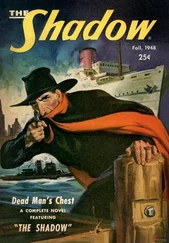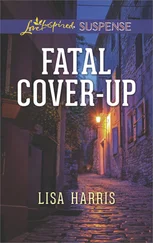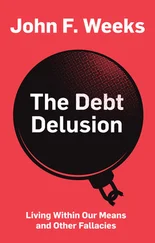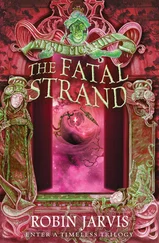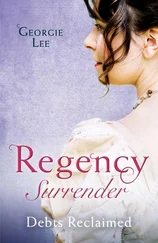It would be easiest simply to forget the National Health Service and devote myself to private therapy. London has the same rich pastures as New York of financiers and professionals who’ve turned their neuroses into professional success and now want to talk about it at great expense. Yet something holds me back. Perhaps it is idealism about public service, but I could talk myself out of that if I wanted. Deeper than any idealism is fear-a fear of exposing myself fully to the gravitational pull of money, of placing myself at the whims of the people who are wealthy enough to afford me.
I remember Harry’s face when I first saw him. He had lost his job and all that it meant to him-the power it gave him to control others, without even having to think about it. I wonder, if he had gone into therapy, whether I might have helped him. It was probably too late, for his wife had her own way of coping with loss-by revenging it with blood. Nora had never believed in my profession, although she realized when she came across me that I’d have my uses. Her cure for Harry’s loss was not to sit in a chair and discuss his plight, but to take down the man who’d put him there. I think of the contempt in her voice when she talked of pills and therapy, and the curious way in which she was right. Harry really did recover when Nora killed Greene; she shocked him out of his despair.
The intensity of Harry’s devotion to her remains with me. It was a strange affirmation of marriage-that death doesn’t weaken love, it only strengthens it. It reminds me of Gabriel telling me about broken heart syndrome. Husbands and wives are linked in ways that a stranger cannot know any more than I understand Wall Street.
That’s my excuse, but I should have realized that something was wrong when I saw him on that cot, shivering with cold and despair. I made an exception for him and it was the worst mistake of my life, or so I hope it will remain. There were clues all around every day I’d worked in the Harold L. and Nora Shapiro Pavilion above FDR Drive. The Shapiros had paid for everything: York East, Twelve South, the oil painting screwed to the ER wall.
When I was useful, they bought me, too.
